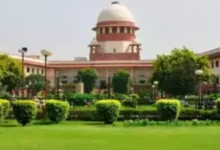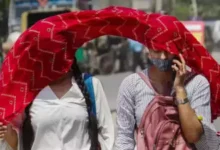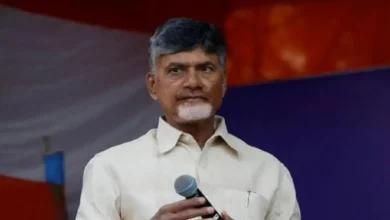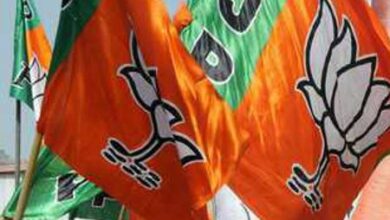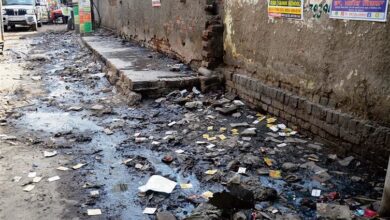An RSS Affiliate In Kashmir Performs the “Unthinkable”: Sewa Bharati Manages 1,250 Schools and Teaches Children “Bharatiyata” and “Kashmiriyat” | Exclusive
With lessons from the Quran, talks about “desh prem” (patriotism), instruction on what it means to be a “Hindustani,” and teachings on “Bharatiyata” while discovering the true meaning of “Kashmiriyat,” Rashtriya Sewa Bharati, which is connected to the Ekal Vidyalaya Abhiyan project, has successfully gained traction with Kashmiri Muslims and established 1,250 schools for kids in the Valley, which is home to over 95% Muslims. The Rashtriya Swayamsevak Sangh (RSS) has an educational endeavor called Sewa Bharati.
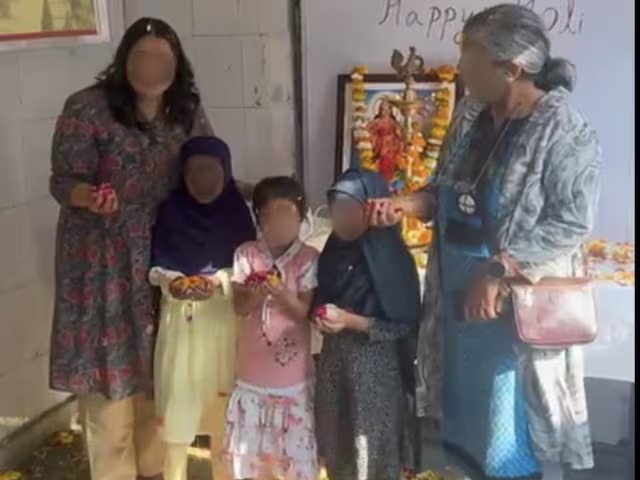
In addition to the 1,250 Ekal Vidyalayas (an unofficial educational system) dispersed over ten districts in the Kashmir valley, 180 of these schools are located in the Baramulla district of Kashmir, a region that has seen many terror strikes against both security personnel and civilians. Based on information provided by the organization, the number of Ekal Vidyalayas in the Valley increased by almost 53% between 2022 and 2023—from 800 to 1,250 in the last two years.
Security specialists and academics told News18 that they have unique information on the success story of Sewa Bharati, which has accomplished a feat that was almost “unthinkable” in Kashmir a few years ago. News18 is hiding the names and personal information of the instructors and project leaders from different Kashmiri districts out of concern for their safety and to honor the delicate nature of the situation in the Valley.
Important Goals
The schools are managed and maintained by Muslim instructors and Aviyan Pramukhs (project in-charges), and the student body consists mostly of female Muslims. The schools are overseen by five- to six person village committees. Additionally, a few of them serve as panchayat representatives locally. According to a senior committee member, the main goals have been to prevent them from joining the stone-pelters and to educate them on the actual meaning of “Kashmiriyat,” “desh prem,” and the responsibilities of being a “Hindustani.”
Both Urdu and Kashmiri are the teaching languages. We do not want our kids to grow up to be terrorists or stone-pelters. We do not want them to become drug addicts, said Amir Mirza, a senior associate working on the project (name changed). In the last five years, not a single Ekal Vidyalaya kid in the Baramulla district left school or joined the stone-pelters in order to make money. All of them are staunch Muslims from Hindustan. Here, we teach them the Quran, and the organization has never responded negatively to us in this respect.
Amir was 24 when he started working on the project 12 years ago. He had received several threats from armed extremists in the previous years, and he had seen numerous acts of violence in his area. He said, “The project was also called a conspiracy.” But he persevered and received encouragement from the community.
OPPOSITION OF “KASHMIRIYAT”
The young Kashmiri members are in charge of the whole system. The initiative is known as their “fight to save Kashmiriyat.” Although Ekal Vidyalayas has been operating in the area for more than ten years, the last five to six years have seen an incredible outpouring of support from the community.
Senior state committee members claim that people and society have been seeing a shift as they come to terms with the concept of national integration, notwithstanding their reluctance to link the increase in numbers to the repeal of Article 370 portions.
According to a senior organization member, the Viksit Bharat Viksit Jammu-Kashmir event hosted by Prime Minister Narendra Modi last month received a tremendous amount of public support, which is indicative of the shift in Kashmiri society.
Anchal Abhiyan Pramukh (area head), Prashikshan Pramukh (teaching head), Mulyankan Pramukh (evaluation head), and Jagaran Pramukh (campaign head) make up the four-tier structure used by the Ekal Vidyalaya Abhiyan to manage the schools. The senior member said that Kashmiri Muslims fill all of these roles voluntarily in order to “fight for Kashmiriyat.”
More than 70% of instructors are female. The J&K general education system’s curriculum is adhered to by the schools. Teacher Hina Ahmed (name changed) noted, “Some children come from villages where there are no formal schools, while others come from very poor families who cannot afford the school education system.” We make an effort to provide the children both elementary and post-primary education. In addition to the core topics, we offer Kashmiriyat, a specific subject regarding nationalist concepts. We also impart to them knowledge of the local history.
She said that all of the important regional and national holidays are observed by the school’s student body, including Republic Day and Independence Day.
A 53% INCREASE IN NUMBERS
In 480 villages in the Kashmir valley, the Ekal Vidyalaya Abhiyan operated these schools up until 2022, according to their most recent annual report for 2021–2022. Additionally, any community may have more than one school. The organization received contributions of Rs 129 crore from domestic sources and Rs 44 crore from foreign contributors in 2021–2022.
According to the research, “Ekal emphasizes with equal respect for all religious faiths through its school curriculum, student enrollment, volunteer selection, and other operating practices.” The local cultural legacy is given the attention it deserves in order to build a feeling of pride and self-respect. Ekal Vidyalaya’s presence in 480 villages in the Kashmir valley, where the majority population is Muslim, and in many villages in Tamil Nadu and Kerala, where the majority population is Christian or Muslim, attests to this genuine secular practice.
At this month’s Akhil Bharatiya Pratinidhi Sabha (ABPS) conference, which is the highest decision-making body of the RSS, top Sangh functionary and joint general secretary Manmohan Vaidya said that the organization’s “minorities” are becoming more integrated.

